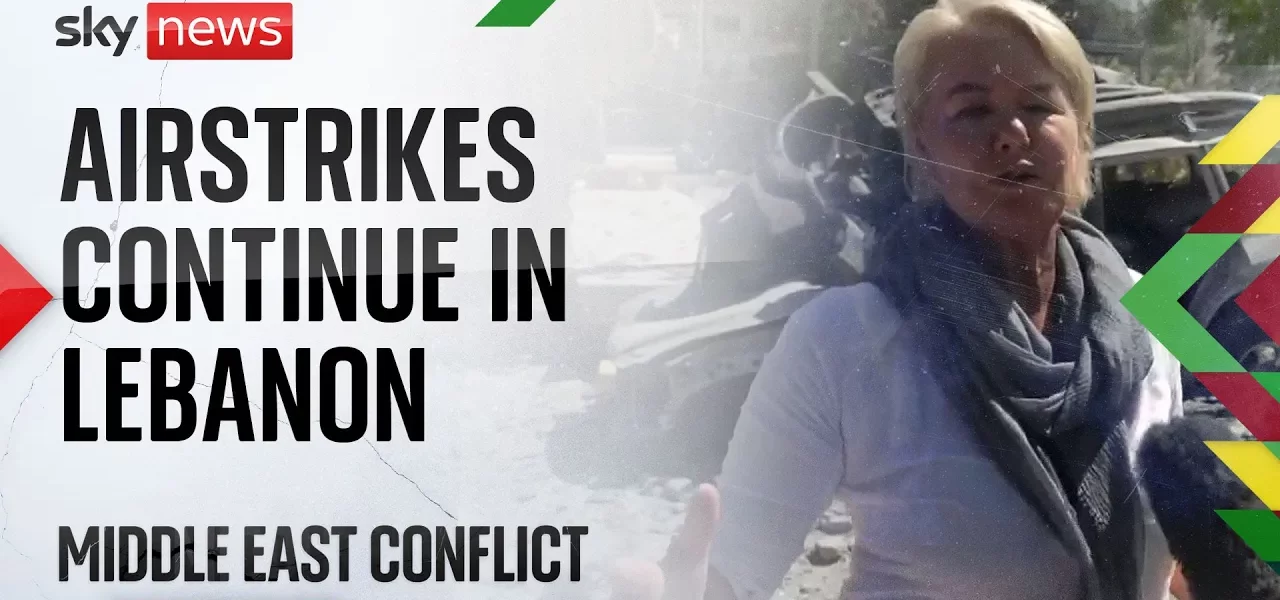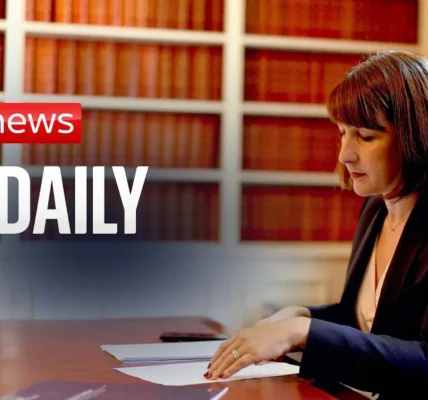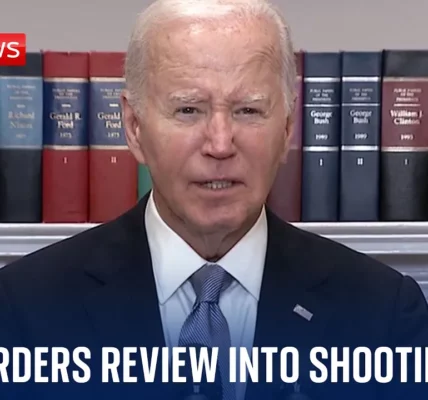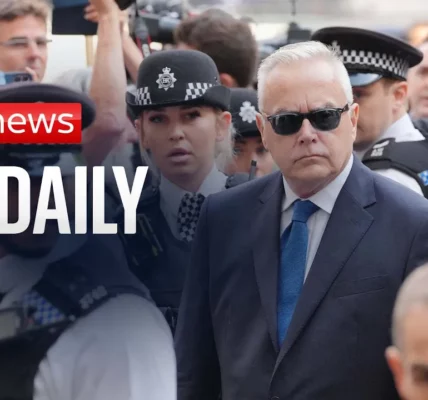Current Conflict Situation in Southern Lebanon: Air Strikes and Humanitarian Impact

This article delves into the ongoing conflict in Southern Lebanon, exploring the recent air strikes, military strategies, and the profound humanitarian crisis affecting displaced individuals. With insights from on-ground reports, we aim to present a comprehensive overview of the situation.
Introduction
The current conflict in Southern Lebanon has escalated significantly, marked by a series of air strikes and retaliatory actions. Reports indicate a constant exchange of fire, primarily between Israeli forces and Hezbollah militants. This article provides a detailed examination of the conflict dynamics, the military strategies employed, and the humanitarian implications for the local population. As the situation continues to develop, we aim to shed light on the experiences of those affected and the broader geopolitical ramifications.
Military Overview
The military landscape in Southern Lebanon has been characterized by a clear imbalance in power dynamics, with Israeli forces demonstrating air superiority. The ongoing air strikes, primarily targeting Hezbollah infrastructure, have raised questions about the strategic objectives behind these operations.
Israeli Air Strikes
Israeli military operations have intensified, focusing on specific targets believed to be associated with Hezbollah. Local officials report that:
- Air strikes are primarily aimed at weapon stores and military facilities.
- Israeli jets have conducted near-constant operations throughout the day and night.
- Recent bombings reportedly included a motorbike factory, raising concerns about collateral damage.
Hezbollah’s Response
In retaliation, Hezbollah has launched rockets towards Israeli positions, contributing to the ongoing cycle of violence. Observers note that:
- The exchanges are becoming increasingly frequent and intense.
- Hezbollah’s operational capabilities seem to be adapting in response to Israeli tactics.
Humanitarian Crisis
The escalation of conflict has led to a severe humanitarian crisis in the region, with many civilians displaced and seeking refuge. The UN Refugee Agency has set up emergency shelters to accommodate the influx of displaced individuals.
Impact on Civilians
Conversations with displaced residents reveal the profound fears and challenges faced by those fleeing the conflict:
- Many individuals reported feeling unsafe, with bombings described as indiscriminate.
- Displaced persons have expressed concerns about being mistakenly identified as Hezbollah supporters.
- Emergency shelters are overwhelmed, struggling to provide adequate resources for those in need.
UN Response
The UN has responded to the crisis by establishing temporary shelters. Key points include:
- Shelters have only recently been set up due to the rapid increase in displacement.
- Continued efforts are needed to provide food, medical assistance, and psychological support.
Protests and Civil Sentiment
Amid the conflict, there are emerging sentiments among the local population regarding the ongoing violence. Many civilians express disillusionment with both Hezbollah and Israeli actions.
Local Perspectives
Residents have voiced their opinions, often highlighting the following points:
- Many do not support Hezbollah, questioning the group’s influence over their lives.
- Concerns about safety and the future are prevalent among those interviewed.
Fear of Retaliation
There is a pervasive fear among civilians that any perceived association with Hezbollah could result in violence against them. This has led to:
- Increased anxiety about daily activities, including basic tasks like fetching water.
- A sense of helplessness in the face of military operations.
Conclusion
The situation in Southern Lebanon remains precarious, with military actions continuing to impact civilian life profoundly. As we reflect on the experiences shared by displaced individuals and the ongoing military strategies, it becomes evident that a resolution is urgently needed. It is crucial for international bodies to engage in meaningful dialogue to address the humanitarian crisis and work towards a sustainable peace. For those interested in learning more about the conflict and its implications, we encourage exploring related articles on our website.
“`




